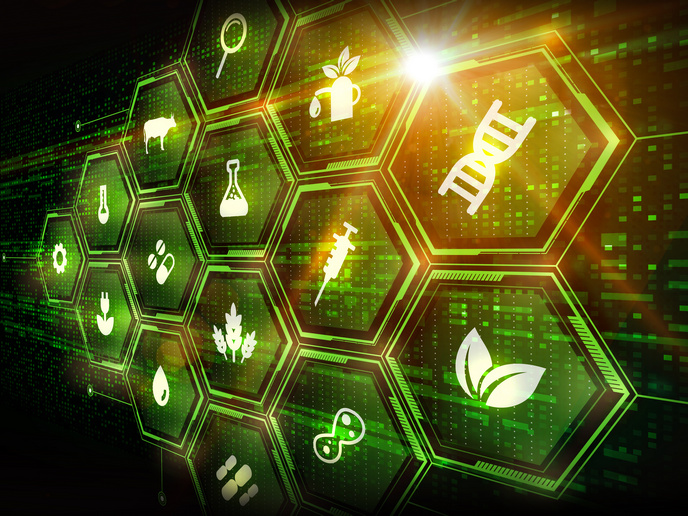Making an impact in synthetic biology
The EU-funded SYNBEE(opens in new window) project is improving the entrepreneurial skills of young professionals across Europe, with a focus on synthetic biology. The goal is to train the entrepreneurs of the future to start up, scale up and internationalise companies in the largely underexploited synthetic biology industry. The multidisciplinary field of science known as synthetic biology involves redesigning organisms for useful purposes by engineering them to have new abilities. “Synthetic biology is a transformative technology, paving the way for novel processes and products across industries such as healthcare, food production, environment, energy, and beyond,” reports a recent news item(opens in new window) on the SYNBEE project. “While European research institutions boast exceptional scientific prowess in this domain, their commercial utilisation remains largely untapped.” To achieve its goal, SYNBEE has brought together a range of academic, research and commercial organisations playing a key role in synthetic biology. The project is coordinated by EUREKARE, France, an investment company supporting the development and growth of synthetic biology companies in Europe.
A day for synthetic biology
Synthetic biology’s huge potential for tackling climate change and promoting sustainability was celebrated at a recent event hosted by the Programme Managers of the European Innovation Council (EIC) and SYNBEE. Held in April 2024, EIC x SYNBEE Day(opens in new window) brought together entrepreneurs, policymakers, early-stage investors and other experts to discuss the potential of synthetic biology entrepreneurial ecosystems to aid the battle against climate change. During the event, renowned researchers shared their pioneering research and offered valuable insight into the latest developments in the fields of blue and green economy and sustainability. Younger researchers were also offered the chance to present their work, “providing fresh perspectives and infusing the event with the energy and enthusiasm essential for pushing the boundaries of scientific discovery.” In addition, thought-provoking panel discussions on topics such as start-up creation, regulatory aspects, and access to public and private funding shed light on the role that synthetic biology can play in promoting sustainability in Europe.
And the winners are
A highlight of the event was the presentations given by the finalists of the SYNBEE Pitch Competition(opens in new window), which had been launched to find innovative projects addressing challenges in the fields of sustainability and green innovation. The projects Laastix(opens in new window), BioHalo(opens in new window) and Syngens(opens in new window) won the competition. Laastix is using cutting-edge synthetic biology techniques to produce high-quality, sustainable natural rubber. BioHalo’s cutting-edge biofluorination technology is enabling a greener and more sustainable alternative to conventional fluorochemistry practices. Last but not least, Syngens has adopted an AI-based approach to DNA design to help speed up the transition to a sustainable future. The full video(opens in new window) of EIC x SYNBEE Day is available on YouTube. The SYNBEE (SYNBEE: EXPANDING SYNTHETIC BIOLOGY ENTREPRENEURIAL ECOSYSTEMS) project ends in 2025. For more information, please see: SYNBEE project website(opens in new window)



